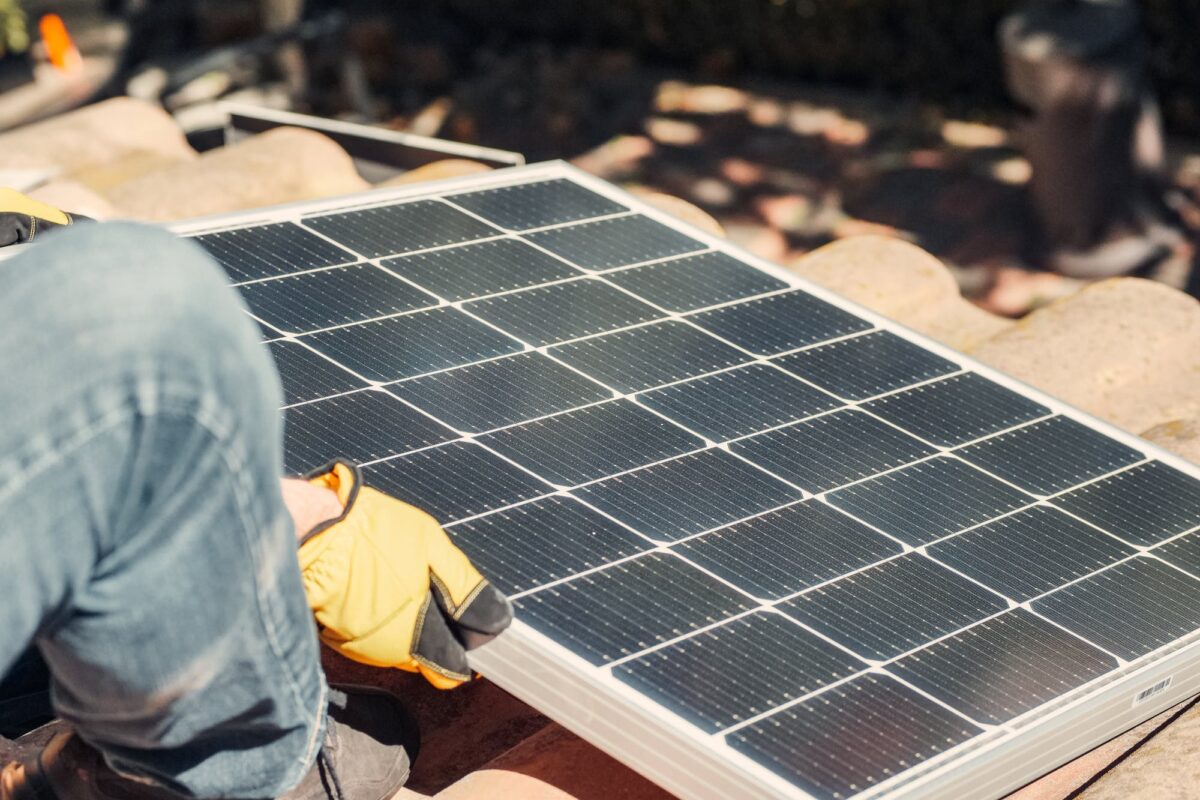After a “once-in-a-decade” bomb cyclone last November felled over 400 miles of transmission lines in King County, Washington and left thousands without power, public officials in the City of Issaquah knew something had to change.
Issaquah, which sits 20 minutes from Seattle, recently earned over $1.7 million for a rooftop solar-plus-storage system from the Washington State Department of Commerce (WADOC) Clean Energy Community Grants program. The municipality is one of 38 statewide recipients of over $36 million in funding for clean energy deployment, with another $5 million expected to be awarded later this spring.
“In late 2023, we kicked off a project focused on resilience hubs where people can go for support before, during and after climate emergencies,” David Reedy, Issaquah’s sustainability coordinator, told pv magazine USA. He explained the centrally-located senior center already served as a community gathering place.
A year and a half later, it was chosen to host the city’s forthcoming solar-plus-storage system that will provide 38.5 kW of clean power and 880 kWh of energy storage. Based on historical energy use, the BESS should be able to power the senior center for up to 48 hours.
“We opened up the senior center a day after the storm hit, and we had over 800 people visit it over the next few days to access basic needs like power and heating,” Reedy added. “The solar and storage project will make our efforts much more fluid and resilient in the future.”
The hope is that the system will also provide resilience during wildfire season and rolling summer brownouts, Reedy noted. The city aims to choose providers and start construction by the end of the 2025.
Across the mountains, Yakima Neighborhood Health Services (YNHS), a community health center, will use its nearly $130,000 grant to deploy rooftop solar at one of its permanent supportive housing projects for unhoused families and young adults with disabilities. When the system comes online this fall, it will generate over 55,000 kWh annually.
Rhonda Hauff, YNHS’ CEO, told pv magazine USA that residents pay 30% of their income toward rent and YNHS covers utilities.
“The significant cost savings from the solar will let us put those funds toward additional programs and help us reduce the electricity use in our already energy-burdened community,” she explained, noting the project is in one of the poorest parts of Yakima.
“We believe that people who are living unsheltered can’t live healthy lifestyles. Having access to clean energy is just one more piece that completes the lifecycle.”
Other noteworthy grants include a $104,000 award to plan and design solar and storage systems for housing assistance and food bank programs at the Federal Way Multi-Service Center and nearly $190,000 to the Washington Department of Ecology for brownfield solar development at the former Lovitt Gold Mine.
A lot of projects, however, are still waiting.
“Our greatest challenge is funding,” explained Stacy Vynne McKinstry, Issaquah’s sustainability manager, adding that the senior center project wouldn’t be possible without the grant.
“There’s a lot of competition between other organizations and municipalities who want to move their clean energy projects forward. It’s a great opportunity, but the high demand really emphasizes the need for more funding, whether public or private.”
This content is protected by copyright and may not be reused. If you want to cooperate with us and would like to reuse some of our content, please contact: editors@pv-magazine.com.









By submitting this form you agree to pv magazine using your data for the purposes of publishing your comment.
Your personal data will only be disclosed or otherwise transmitted to third parties for the purposes of spam filtering or if this is necessary for technical maintenance of the website. Any other transfer to third parties will not take place unless this is justified on the basis of applicable data protection regulations or if pv magazine is legally obliged to do so.
You may revoke this consent at any time with effect for the future, in which case your personal data will be deleted immediately. Otherwise, your data will be deleted if pv magazine has processed your request or the purpose of data storage is fulfilled.
Further information on data privacy can be found in our Data Protection Policy.